Maintaining Motivation After Bariatric Surgery
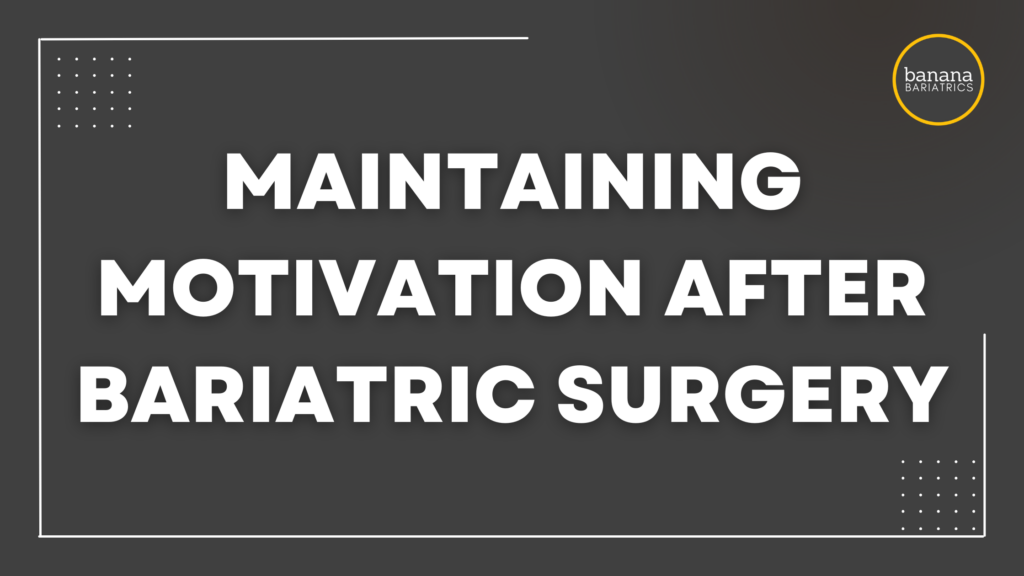
Undergoing bariatric surgery is a monumental step towards achieving a healthier lifestyle and significant weight loss. However, maintaining motivation after the initial surgery can sometimes feel like a huge challenge for many patients. In this blog post, we’ll explore effective strategies to keep you motivated on your journey to sustained weight loss and improved health post-bariatric surgery.
Setting Realistic and Achievable Goals
One of the cornerstones of maintaining motivation after bariatric surgery is the setting of realistic and achievable goals. Instead of vague aspirations like “I want to be thinner,” setting concrete, measurable objectives can significantly boost your sense of accomplishment. For instance, setting a goal to lose 15 pounds over three months or to walk 10,000 steps a day are specific targets that allow you to measure your progress.
Consider breaking your goals into short-term and long-term categories. Short-term goals act as stepping stones to the larger, long-term goals and provide regular moments of success to celebrate, which can be tremendously motivating.
Developing a Strong Support Network
Having a robust support system is essential for anyone on their weight loss journey, especially for those who have undergone bariatric surgery. This support can come from various sources:
- Professional Support: Regular follow-ups with your Bariatric providers and consultations with a registered dietitian or a clinical bariatric psychologist can provide guidance and monitor your health.
- Community Support: Joining support groups, either in-person or online, where members share experiences and challenges can be incredibly beneficial. Banana Bariatrics offers a positive and encouraging community that focuses on post-surgery challenges and successes.
- Personal Support: Lean on friends and family who encourage your efforts and respect your lifestyle changes. Their daily encouragement can make a significant difference.
Celebrating Non-Scale Victories
While weight is a common measure of progress post-surgery, non-scale victories are equally important. These can include improvements in mobility, fitting into a smaller clothing size, taking less medications, or simply feeling more energetic. Celebrating these milestones can provide a broader perspective on the many benefits your surgery has introduced into your life.
Document these victories in a journal or share them with your support group. Acknowledging these successes can reinforce the value of your hard work and help maintain motivation through the tougher times.
Coping with Setbacks Gracefully
Understanding and accepting that setbacks are a normal part of any journey, including after bariatric surgery, is crucial. A lapse in diet, a pause in your exercise routine, or a temporary weight gain should not be seen as failures but as opportunities to learn and readjust.
When you face a setback, assess what led to it and plan how to avoid similar situations in the future. Engage your support network, adjust your strategies, and remember that every day is a new chance to continue towards your goals.
If you struggle with an “all-or-nothing” attitude or have a perfectionistic personality, give yourself grace. Focus on progress over perfection and make an intention to immediately get back on track. Avoid thoughts like; “Well, I made a mistake so what’s the point of trying for the rest of the day…week…month?!”
Incorporating Regular Physical Activity
Regular physical activity is vital after bariatric surgery, not only to help with weight loss but also to improve overall health. The key is to find activities that you enjoy and can sustain over the long term. Whether it’s walking, swimming, cycling, or group fitness classes, consistent physical activity can enhance your mood and energy levels, making it easier to stay motivated.
Start slowly, especially if you were not very active before your surgery. Gradually increase the intensity and duration of your exercise as your fitness improves.
Nutritional Management Post-Surgery
Understanding your new dietary needs and managing your nutrition carefully after bariatric surgery is imperative for maintaining weight loss and overall health. Here are some tips:
- Eat Protein-Rich Foods: High-protein foods help maintain muscle mass and promote satiety. Aim for 80g of protein daily.
- Stay Hydrated: Drinking enough water is crucial, especially to avoid dehydration and help control hunger. Aim for 64oz of water daily.
- Avoid Empty Calories: Focus on nutrient-rich foods to nourish your body and avoid high-calorie, low-nutrient foods.
Final Thoughts
Maintaining motivation after bariatric surgery requires a multifaceted approach, including setting clear goals, building a supportive network, celebrating all forms of progress, managing setbacks constructively, staying active, and eating well. Each step you take, no matter how small, is a progress towards a healthier you.
Don’t Know Where To Start First?
Start with hitting your daily protein goal! If it feels like full-time job trying to hit your protein goals each day, let us help you easily reach your bariatric goals!
Our FREE Protein Resource will help you:

- Identify high protein sources from nutrient dense foods
- Understand the exact protein amounts per serving from every food group
- Create easy “grab-and-go” high protein snacks
- Make grocery shopping seamless, with a printable shopping list

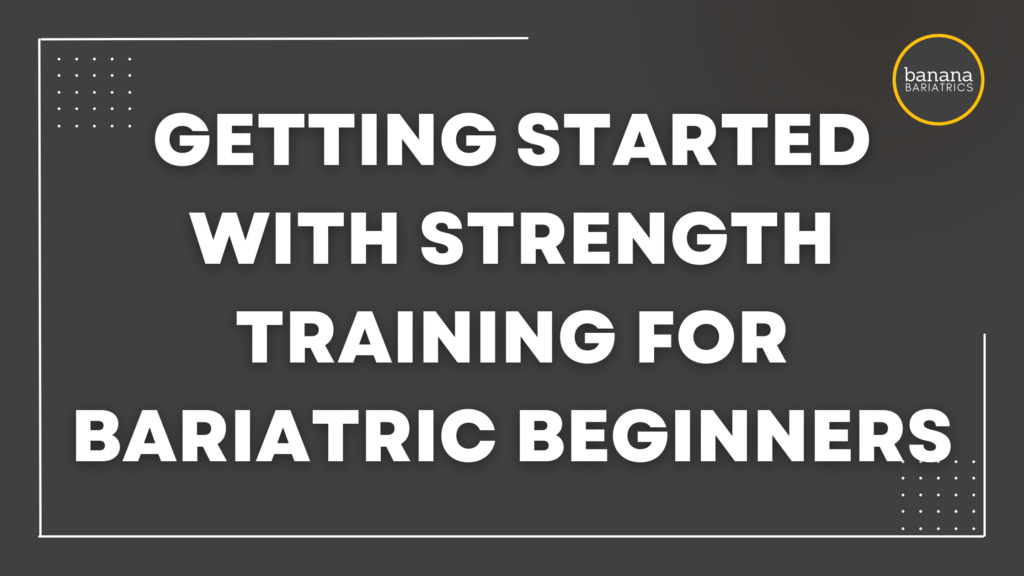

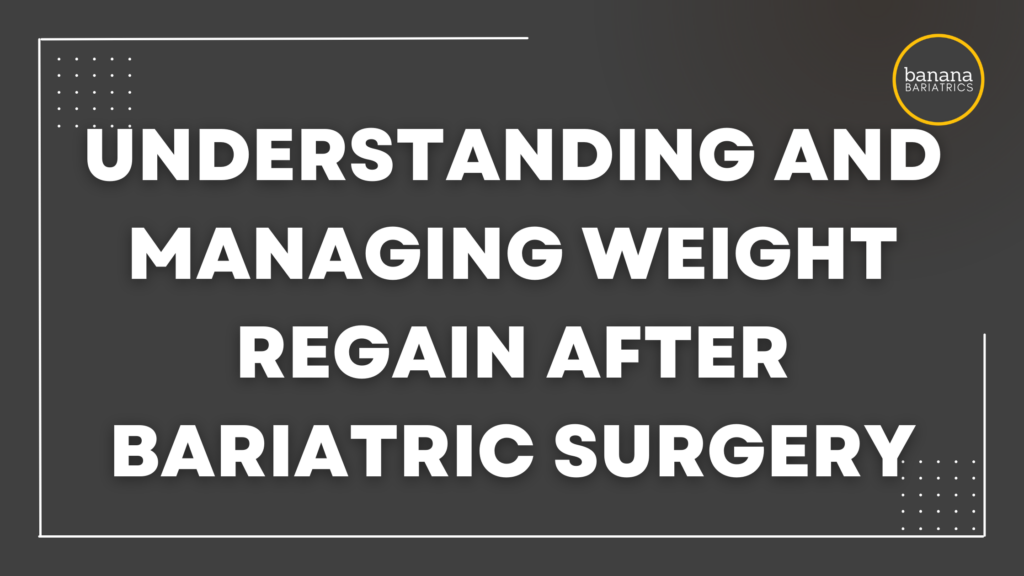
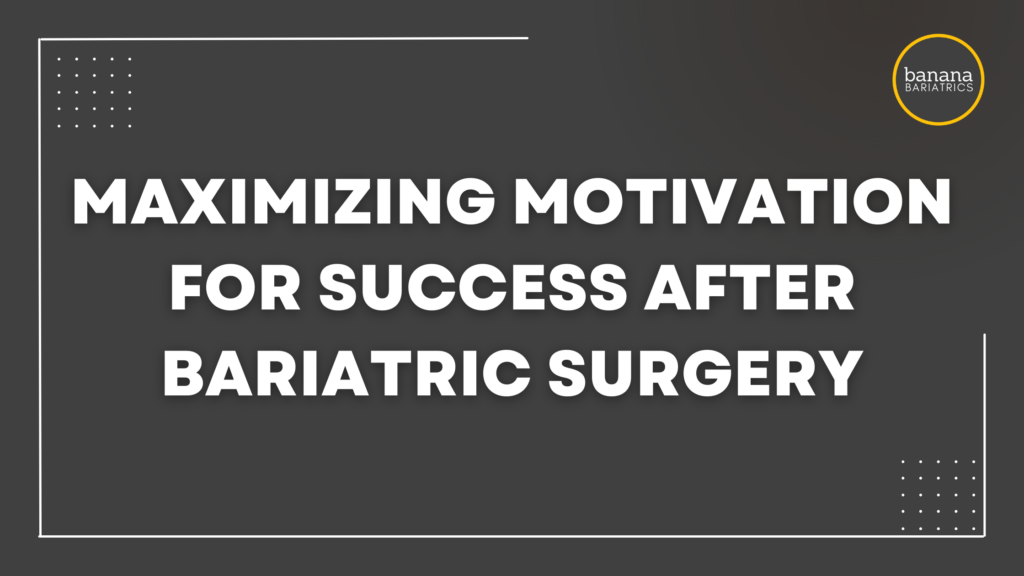
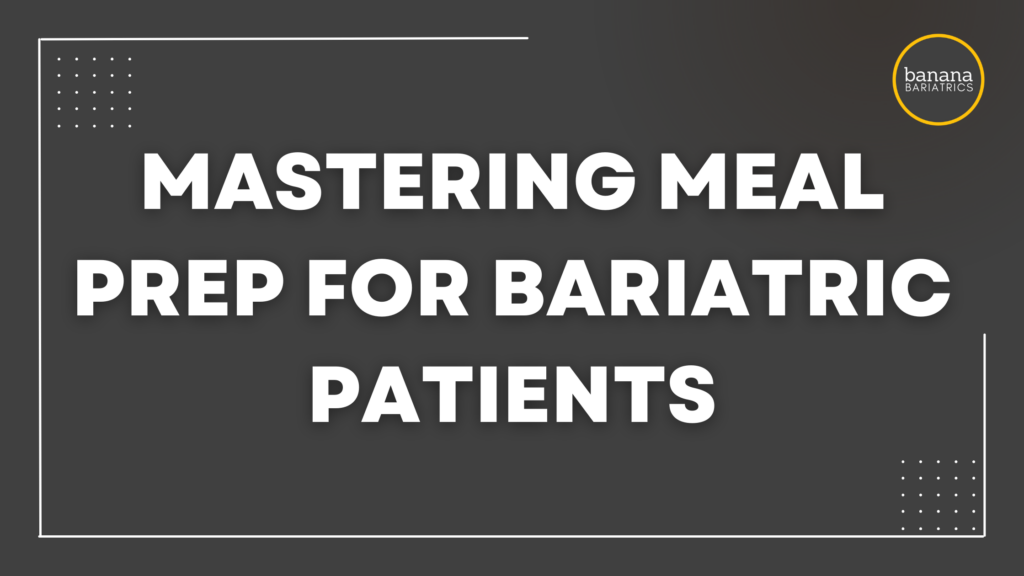
Responses